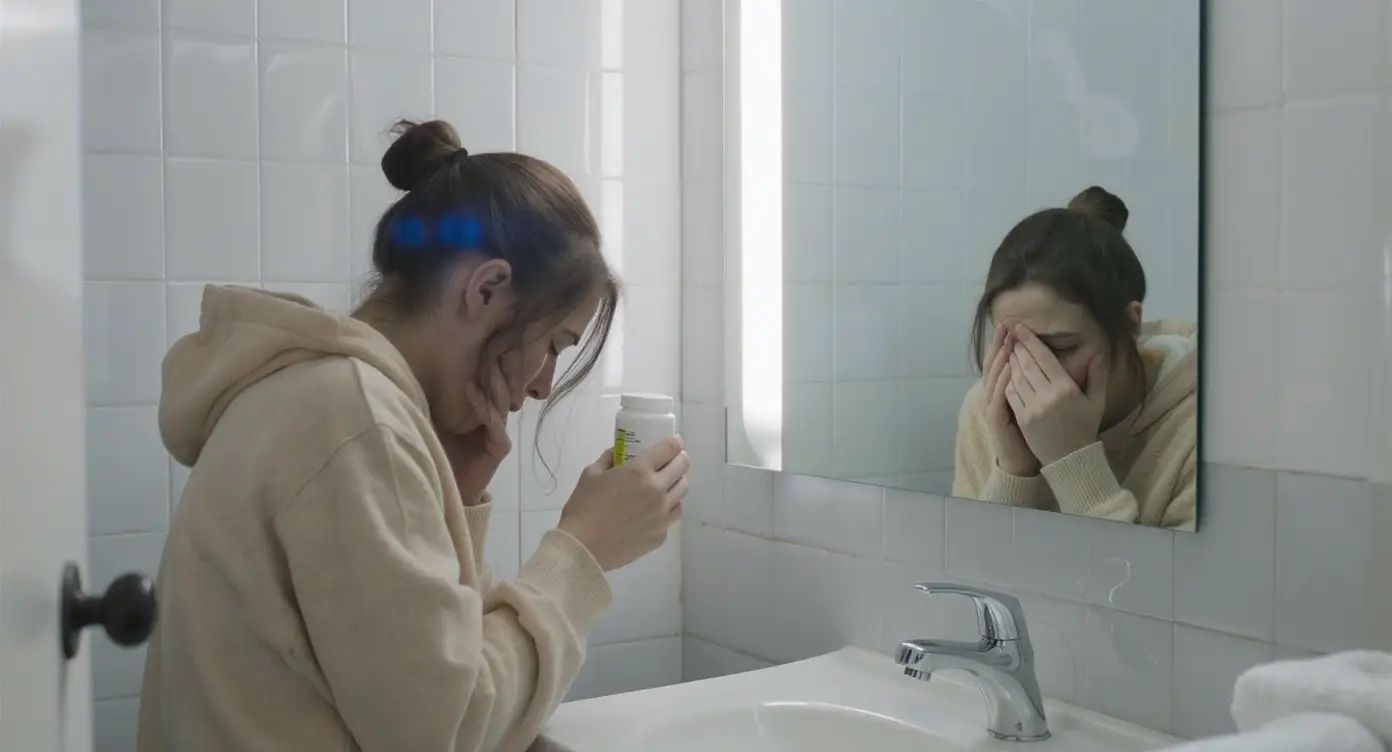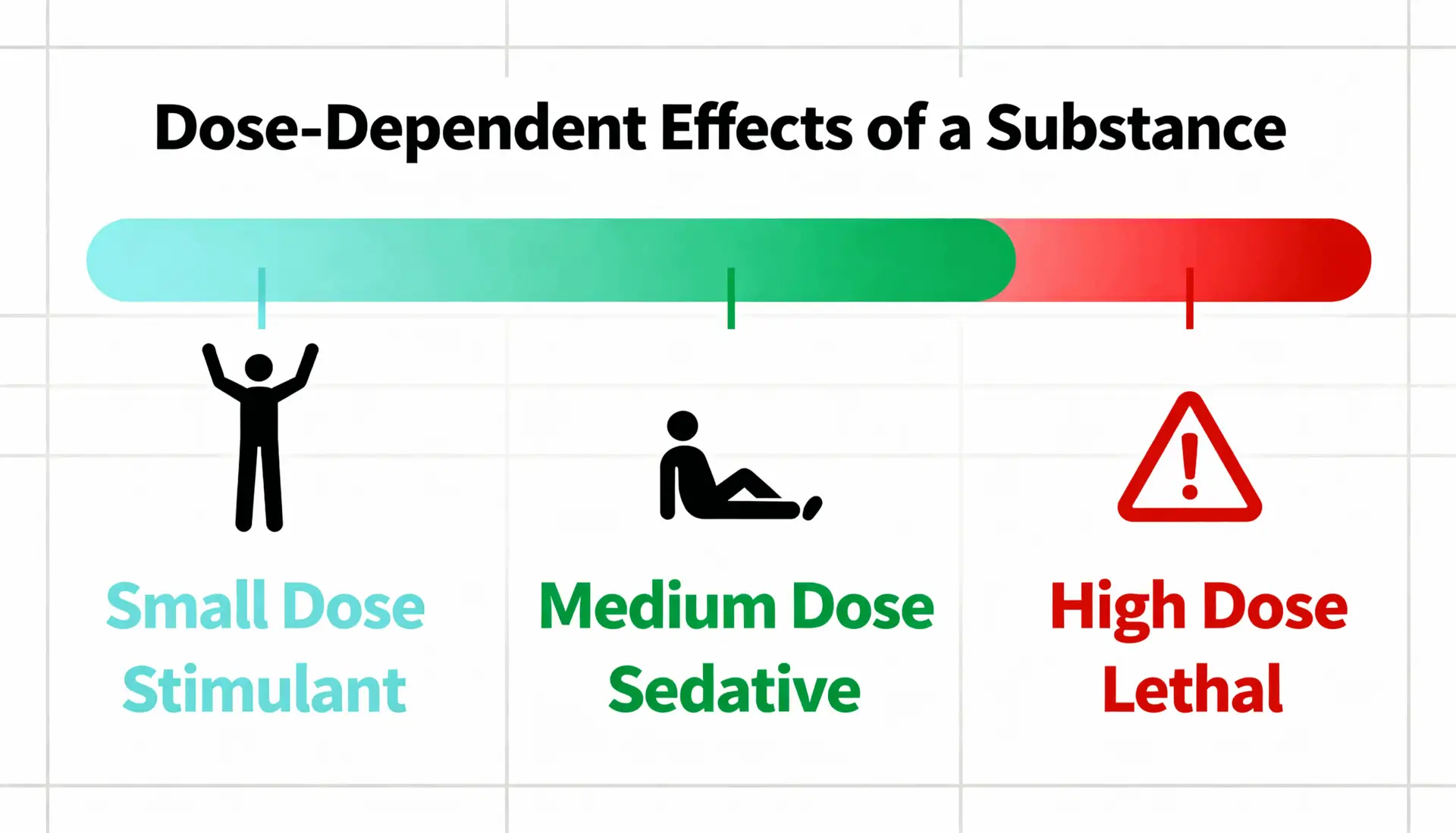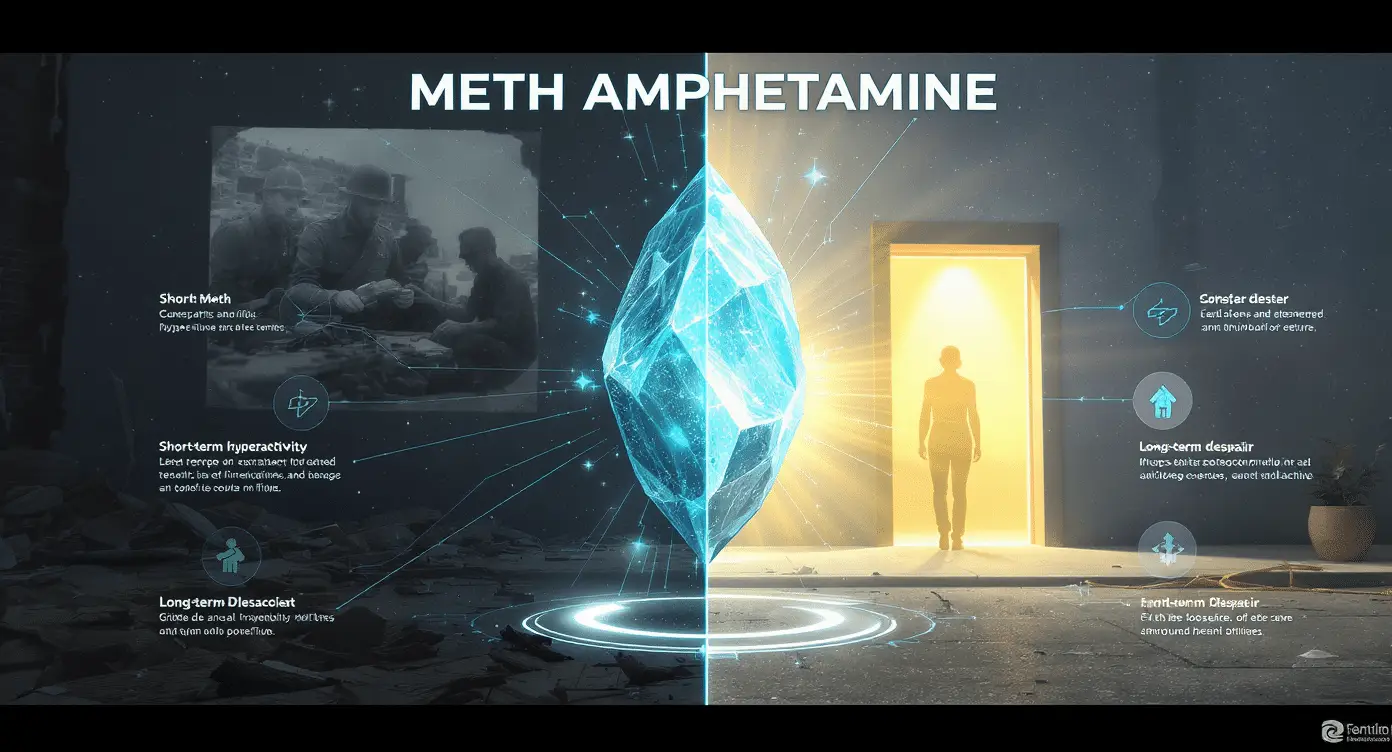Painkiller misuse rarely starts with abuse. It begins quietly—after surgery, injury, or chronic pain. That’s why it’s easy to miss the early painkiller addiction symptoms, even when they’re already there.
Emotional warning signs
At first, everything seems under control. But then subtle emotional changes appear:
- Anxiety when pills run low
- Mood swings for no reason
- Isolation from friends or family
- Denial when asked about usage
These aren’t just side effects. They are signs that the painkillers are no longer just managing pain—they are controlling mood.
The EMCDDA warns that prescription opioids now account for a rising share of non-medical drug use across Europe. This is especially true among adults with legitimate medical histories (euda.europa.eu).
Physical signs that go unnoticed
Not all painkiller addiction symptoms are visible. Some users function normally for months. But the body keeps adapting—and demanding more. Common signals include:
- Needing stronger or more frequent doses
- Night sweats or insomnia
- Digestive issues or loss of appetite
- “Doctor shopping” to get new prescriptions
The transition from relief to reliance is slow—but relentless.
Behavior changes that reveal the truth
Watch for subtle shifts:
- Missed work or school without explanation
- Neglect of appearance
- Anger or defensiveness when questioned
- Hiding pills, refills, or routines
These may seem small, but together they paint a clear picture of painkiller addiction symptoms in action.
If you’re worried someone may be at risk, don’t wait. The team at Narconon Europe is available to help you understand the situation and take the first steps toward real recovery.
FAQ: painkiller addiction symptoms
Can painkiller addiction happen even with a prescription?
Yes. Even when taken as directed, opioids can cause dependency due to how they affect the brain’s reward system.
Are emotional symptoms real signs of addiction?
Absolutely. Depression, anxiety, or emotional withdrawal often show up before any physical symptoms.
What’s the first behavioral sign of addiction?
Often, it’s secrecy—hiding pills, lying about timing, or avoiding questions about use.
Is there a way to stop safely?
Yes. Gradual detox with supervision and drug-free rehabilitation like Narconon helps restore clarity and emotional stability.



